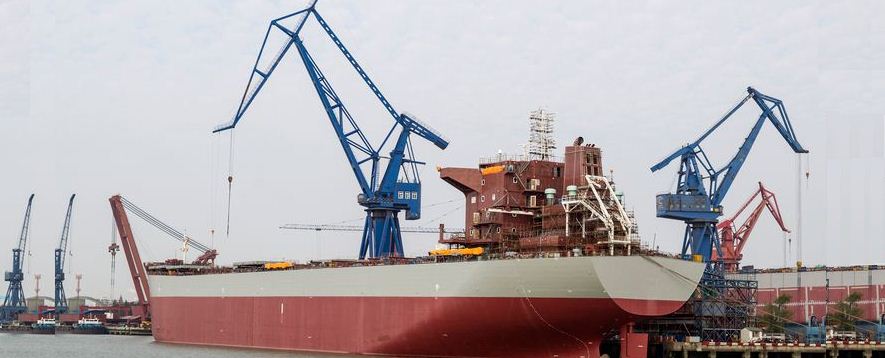How To Register With Nigerian Shipper's Council As A Seed Company in Nigeria

Nigerian Shipper’s Council is the association that oversees the activities of those into the business of shipping services in the country. This organization was established 1978 through the enactment of Nigeria Shipper’s Council Act Cap. N133 LFN 2004.
Subsequent legislations on finance and local charges organized in accordance with the Constitution of the Federal Republic of Nigeria reinforced the Act.
Nigeria Shipper’s Council was an offshoot of United Nations Conference of Trade and Development (UNCTAD) which is a principal organ of the United Nations General Assembly in-charge of trade, investment and developmental issue in developing countries. Its primary concern is to promote the exportation of goods from developing countries to other countries of the world.
The Federal Government of Nigeria in February 2014 appointed Nigeria Shipper's Council as the Port Economic Regulator in order to promote effective regulatory regime at the Nigerian ports for the control of tariff, rates, charges and other economic services and to resolve the negative effects of port concession activities on the economy because to the absence of an economic regulator and to discover the optimal benefits of port reform processes.
Benefits Of Memebership
Members of this interest group enjoy unlimited benefits both as individuals and group. Such benefits include financial benefit as well as the welfare of members.
This is one of the reasons why accredited members of Nigeria Shipper’s Council at intervals meet to deliberate on the welfare of the organization and its members as well.
Every accredited member during meetings should be able to have an access to the following;
· Circulars from the council; including publications.
· Legal and regulatory policies, conventions on international shipping activities.
· Information Services - On trade contract, shipping position, inland container depots, vessel information and cargo location at the ports, alternative routes for shipments, commodity and customer sourcing.
· Advisory Services - Economic policies rendered to shippers and government on matters that affect international trade by sea, air, and land.
· Advocacy - Option of conciliation, mediation, and arbitration in preference to litigation.
· Education/Enlightenment - Comprehensive education programme aimed at equipping importers and exporters to trade successfully through workshops and seminars.
· Support Services - Other support services offered by the Council include: cargo defense fund, legal/technical advice, loan to pursue litigation or arbitration, payment for risk management services, foreign legal representation, cover for specified risks as agreed, quality information services, general risk management advice and provision of alternative dispute resolution Forum.
HOW TO APPLY
- Obtain application form from zonal services division at the head office or from any of the coordinating offices.
- Attach the following documents:
- Certificate of Incorporation for applicants under corporate category
- Certificate of Registration of Business Name
- Copy of bill of lading of most recent transaction
- Photocopy of Certificate of Registration with Nigerian Export Promotion Council (for exporters)
- Submit completed application form to Zonal Services Division at the Head Office or from any of our Coordinating Offices.
The need for a vibrant Shipping Council cannot be over emphasized; Nigerians in shipping business should endeavor to identify with Nigeria Shipper’s Council as this will not only avail them the opportunity to socialize and learn from integration but will to a large extent protect their business especially when there is external interference.




